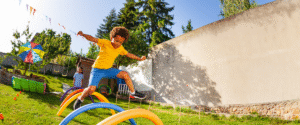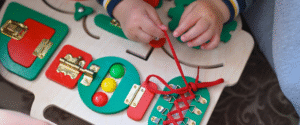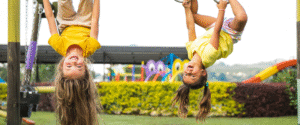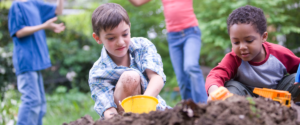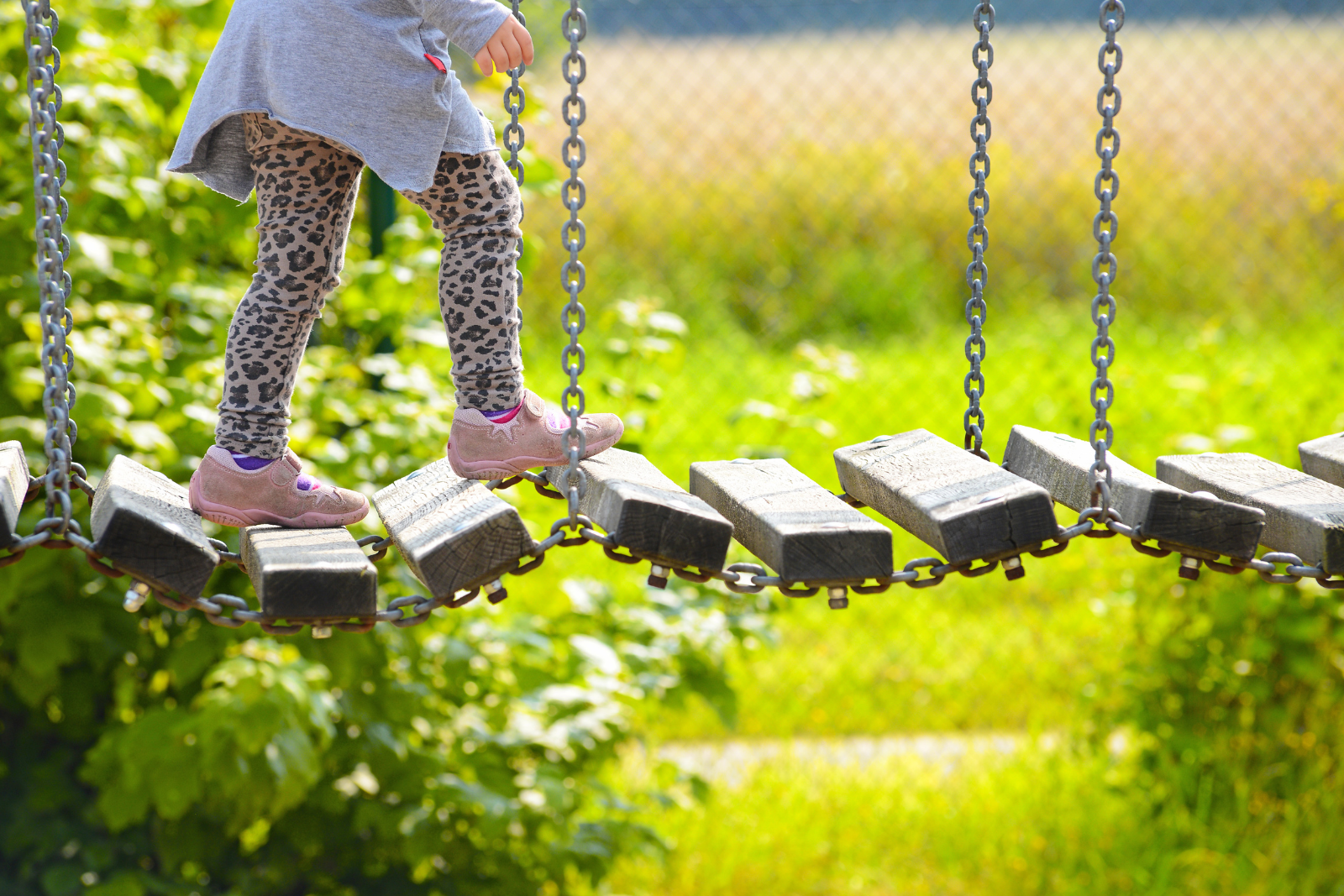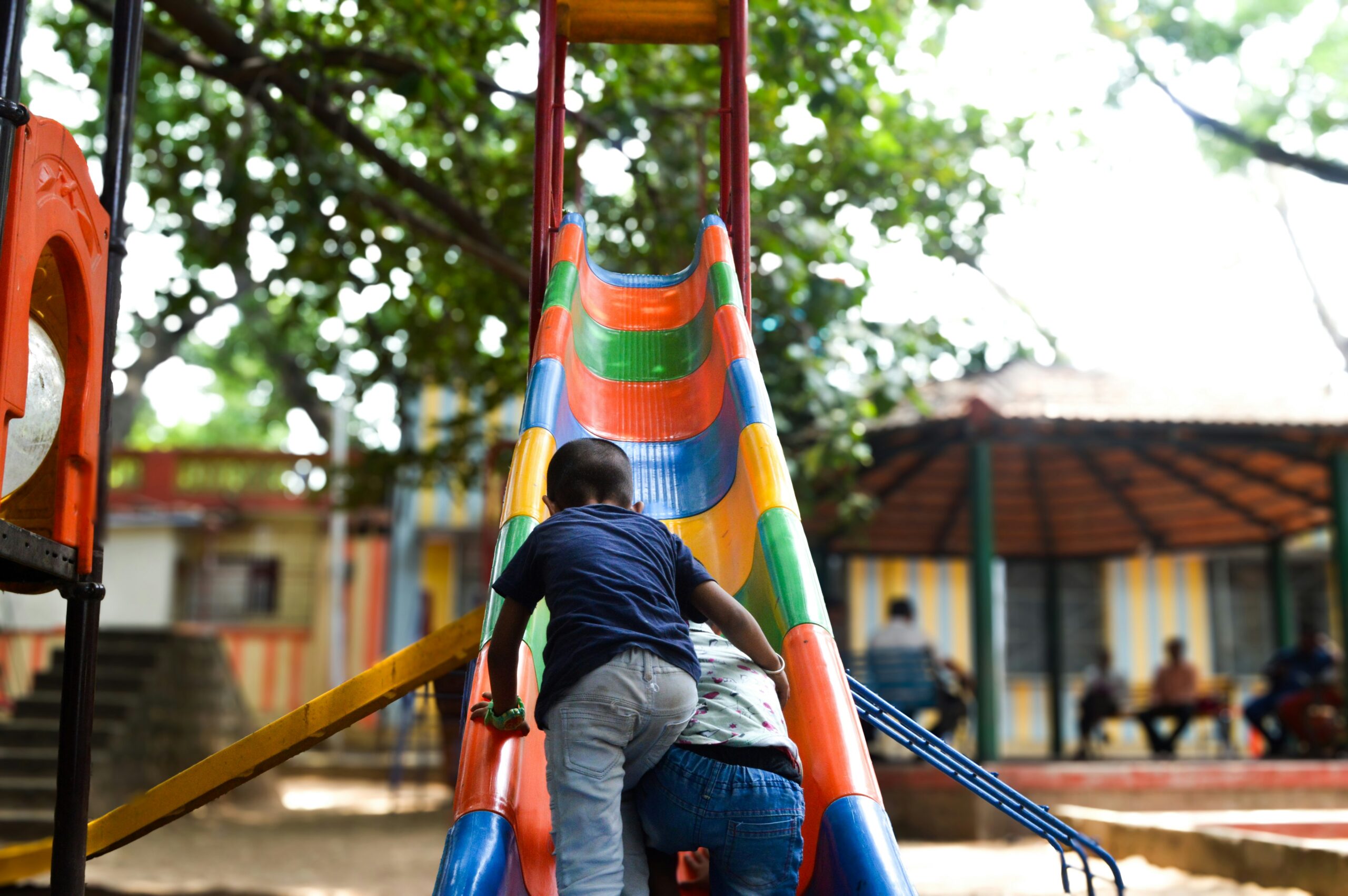
EMOTIONAL REGULATION – COMMUNITY FOR WELLBEING
Familiarising the team
In my role as Clinical Manager, I love to go out and see clients with our team, supporting both our families and our therapists. Over the past few weeks, I have been out and about in some of our local towns meeting and working with clients – some new and some more familiar to me. A couple of our newest clinical team members are also new to these areas so it has been great to familiarise them with some key locations in our towns – such as great parks or coffee shops to work in between sessions.
Strategies I use to regulate my emotions in unfamiliar surroundings
Bringing all this a little closer to home, I started thinking about the many different strategies that I use when I am accessing a place, new or familiar, to be able to support my regulation. It can be overwhelming sometimes, and I use these strategies to avoid becoming flustered or unable to participate in the activity that I want or need to do.
There is a certain level of uncertainty or anxiety that can come from unfamiliar key features within our environment – including but not limited to; knowing where the nearest toilet is, remembering how to get out of the shopping centre, locating my car, where the safest place for me to go is if I feel uncomfortable or worried, knowing how I can describe my location to a 000 operator if there is an emergency.
All of these things are examples of what I do automatically to help me regulate my thoughts, feelings and emotions when I enter a new shopping centre or drive into a new town.
How many strategies or things can you think of that you do in similar situations?
Imagine what it is like for our children when they may already be struggling to understand the world around them due to sensory processing challenges? Or those children that get overwhelmed by lots of noise or lots of people moving around them? As a team, we hear the challenges that our families can face when participating in their community. We hear stories around the daily adaptations parents are making to support their child in co-regulating when out in the community.
Check out some of our go to strategies for supporting emotions:
EMOTIONAL REGULATION & TOOLS TO SUPPORT OUR EMOTIONS
Here are some simple strategies we can use to support our children to regulate with us when we access the community:
- Ask your child to remember one key feature near the entry to the shopping centre to locate how to get back to your car.
- Give your child a role in helping you complete the essential tasks you need to do. I make a list of all the places and things we need to do and they become the chief ticker of the list.
- Timing: try to book appointments when you know you have been able to give your child plenty of warning and preparation time or for younger children, after nap times. I have always found if I spring an appointment on my children it normally sours quickly. When I have no choice but to book the unexpected, I need to take the time to explain why it has to be done now.
- Snacks: pack some snacks or know where you can access quick food so that the hangrys do not take over. Also make sure you take a drink too!
- Games and activities: one of my favourite things to do when we go out for dinner is to take a card game, pens and small notebooks with us. A quick game of Spot It or Naughts and Crosses can help to break up and distract them from the waiting time for their meals. It is also a chance to connect with our kids without the pressure of conversation. Another simple game is to count the trucks that go by the window.
What if there are difficulties with transitions? Check out our previous blog with even more suggestions on supporting emotions in transitions: MASTERING EMOTIONAL REGULATION DURING TRANSITIONS
If you’d like to chat more, please don’t hesitate to contact us today! Call us on 0477 708 217 or email admin@exploreandsoar.com.au
Until next time,
Lori
PUBLISHED MARCH 2025

